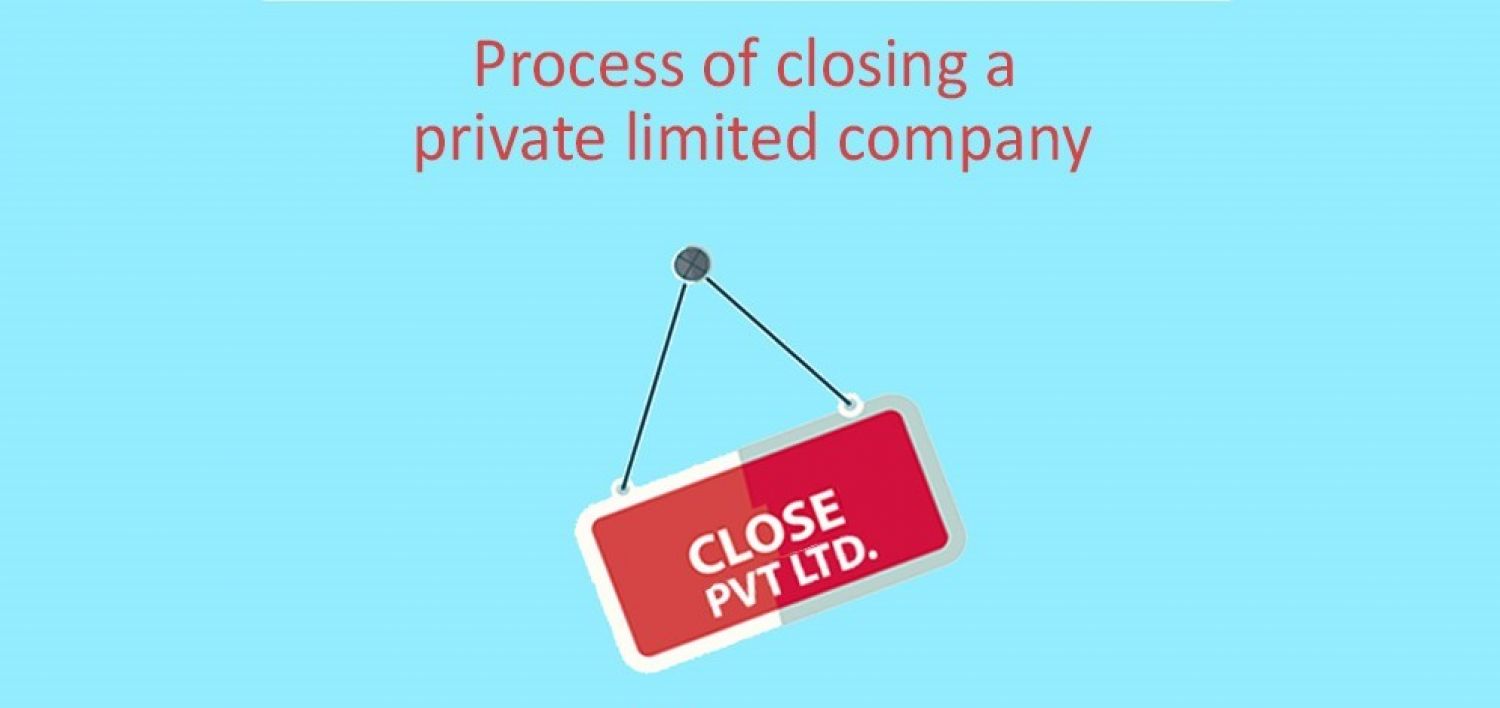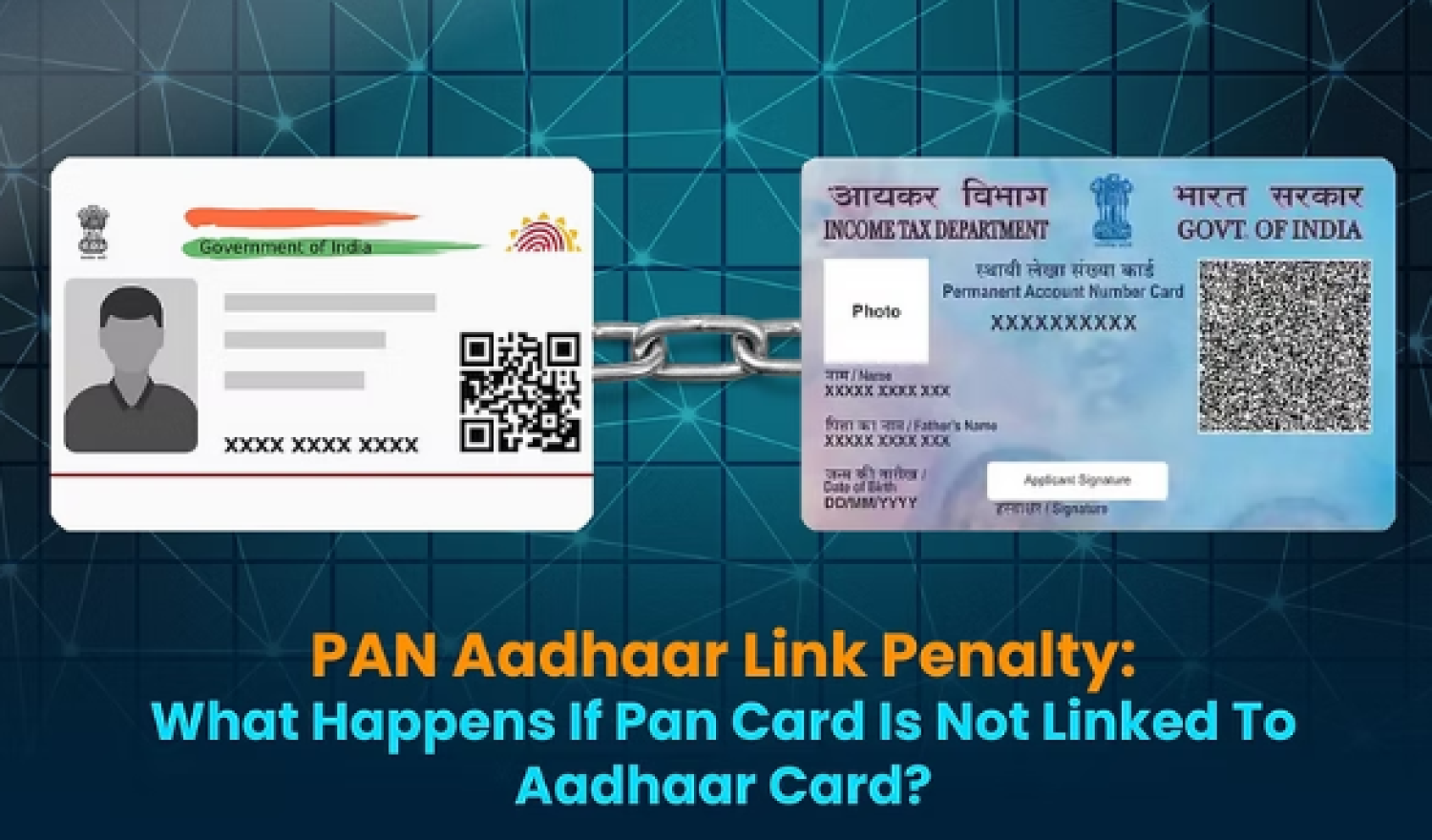Table of Contents

FAQ’s on Winding Up of Private Limited Company
-
Why is liquidation important?
Liquidation is important for the subsequent reasons-
-
- After the completion of the liquidation process, the directors as well as the other company officials bear no liability against any stakeholder.
- If the corporate entity directors pass a voluntary declaration, the corporate entity can avoid legal actions from a tribunal or a court.
- The cost involved in the liquidation process is relatively lower than other modes of closure
- The creditors are benefited as they're going to be eligible for default payment from the sale of assets
-
What are some of the probable reason for a company to go into liquidation?
Some of the foremost prominent causes for an organization to go into liquidation are-
-
- Insolvency
- Bankruptcy
- Unwillingness to continue with business operations
-
What is the liquidation strategy?
The liquidation strategy refers to liquidating the assets of a corporation before winding up operations. By initiating the liquidation process, the corporate entity may sell its assets to satisfy obligations and repay liabilities.
As a part of the liquidation strategy, a liquidator is appointed to oversee the method of selling the corporate entity assets. In case any amount remains, after repayment to the creditors, the same gets distributed to the shareholders of the corporate entity.
-
What does liquidation mean for employees?
The liquidation marks the end of business operations by an organization and this might cause the unavoidable loss of jobs for the employees. However, the corporate entity administration may look to restructure the organization and save some (or all) of the jobs within the process. But the employees will have the preferential right to claim dues owed to them by the corporate entity.
-
Do employees get paid when the corporate entity goes into liquidation?
If the employer goes into liquidation, there'll be no business continuity and also the employees are without employment. However, the employees will have the right to claim dues (salary, allowances, etc) owed to them by the corporate entity. If there is shortage of funds funds with the insolvent company to pay the employees, they will approach the national insurance Fund (NIF) for payments due.
-
How long does liquidation of a corporation take?
In general, the liquidation process of a corporation in India can take up to 2 years to complete, since the date of application, just in case of compulsory liquidation. it should take less time for a voluntary liquidation process to complete. The duration may vary from company to company, looking on the complexity of the method involved.
-
What happens after the liquidation of a company?
After a corporation is liquidated, the liquidator can sell its assets to repay all pending liabilities. In case any amount remains, after repayment to the creditors, the same gets distributed to the shareholders of the corporate entity.
-
Can I be a director of a corporation after liquidation?
Yes, you'll remain a director of the corporate entity after liquidation, but you may not have any further control over its business affairs. you'll be able to founded and be the director of a new company. However, the said the new entity cannot have the same/similar name to that of the liquidated company.
-
Can a corporation continue to trade when in liquidation?
a corporation should not do trading activities while undergoing liquidation. this is often because the directors don't have any more control over their business affairs.
Where the liquidator comes to know about any such trading activity, he has the full authority to initiate prosecution against the directors. Exceptions:
-
- The liquidator can allow such trading, where the same is made for repaying the creditors.
- He will allow trading if it's for collecting the debts accrued by the business.
-
Can I liquidate my own company?
No. you cannot liquidate your own company. Only the shareholders of an organization can put it into voluntary liquidation. Then, a licensed insolvency practitioner is going to be appointed as a liquidator and only he can start the liquidation process.
-
Are directors personally accountable for company debts?
Usually, directors aren't personally accountable for company debts. Therefore, if the corporate entity fails to pay off its debts and therefore the creditors move court, the corporate entity assets are put to risk only and not the private assets of the directors.
-
Can liquidation reverse made ?
Yes. Members’ Voluntary Liquidation (MVL) can be reversed, however, the same require certain obligation to be fulfilled. It’s tough for the directors to try to so, just by changing their minds. they can only get it on by making an application to the concerned court and requesting an annulment of the said liquidation. the application must be made within 6 years of the liquidation.
-
How do I claim money from a corporation in liquidation?
By initiating the liquidation process, the corporate entity assets are sold off by the liquidator to fulfil obligations and repay creditors. If you're a secured creditor, you'll be at the top of the ‘payment hierarchy’ and can get the first preference while distributing the proceeds of the sale. On the opposite hand, if you're an unsecured creditor (suppliers, employees, and banks), you may be at the underside of the ‘payment hierarchy’. Therefore, once you claim money from an organization in liquidation, your claim is processed by the liquidator according to your position in the ‘payment hierarchy’.
-
Can a director resign when a corporation is in liquidation?
Yes, he can. But a director isn't advised to resign from an organization when it's under the method of liquidation. this can be more so for a director if he has provided a declaration for solvency. However, if he resigns in an unavoidable situation, he doesn't must file the DIR-12 Form because the status of the corporate entity is ‘under liquidation’.
-
Can the name of a dissolved company be employed in the future?
When a corporation is dissolved and gets liquidated, the name is struck far from the corporate entity register. The name is often made available for other companies for future use.
WHY RAJPUT JAIN AND ASSOCIATES
- Companies incorporation
We execute legal work for over many companies and LLPs on a monthly basis, by leveraging our tech capabilities, and the expertise of our team of legal professionals. So what are you waiting for, come on board on order to experience ease and convenient process.
- Realistic Expectations
By providing services and handling all the paperwork, our clients are ensured with seamless interactive process. We offer clarity on the incorporation process to set realistic expectations.
- Strong Team
With a team of hug experienced business advisors and legal professionals, you're just a call away from the best in legal services.

















